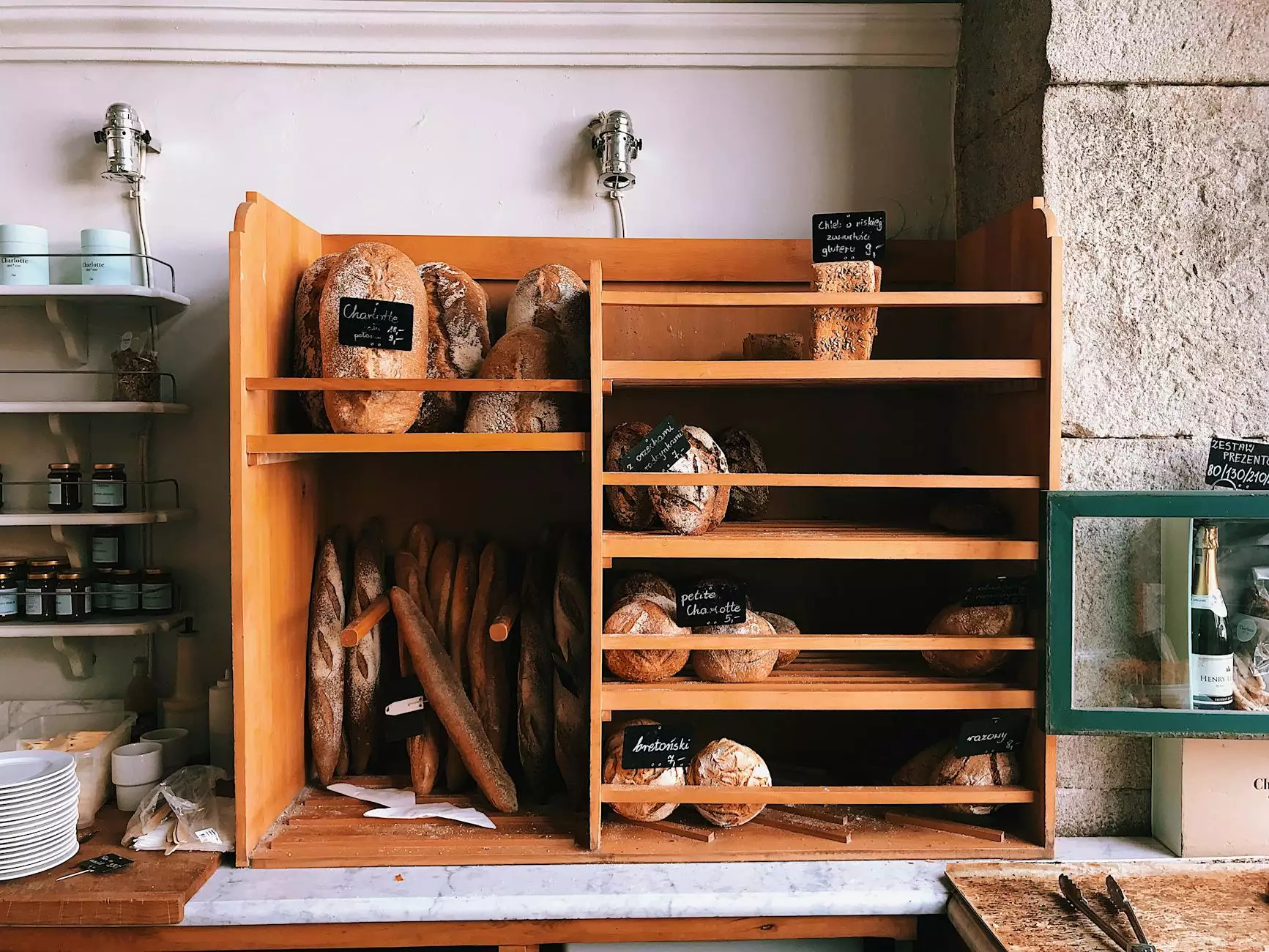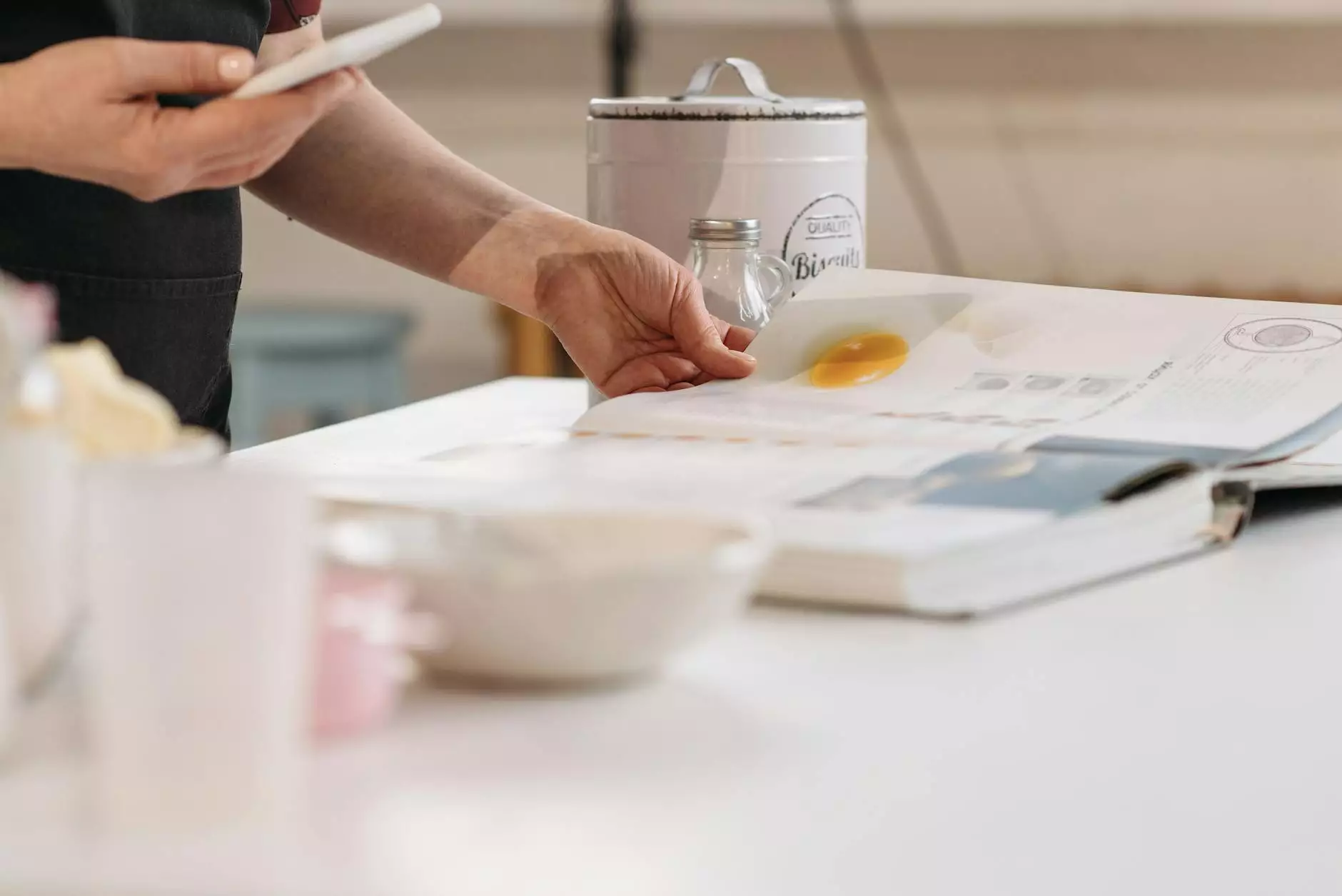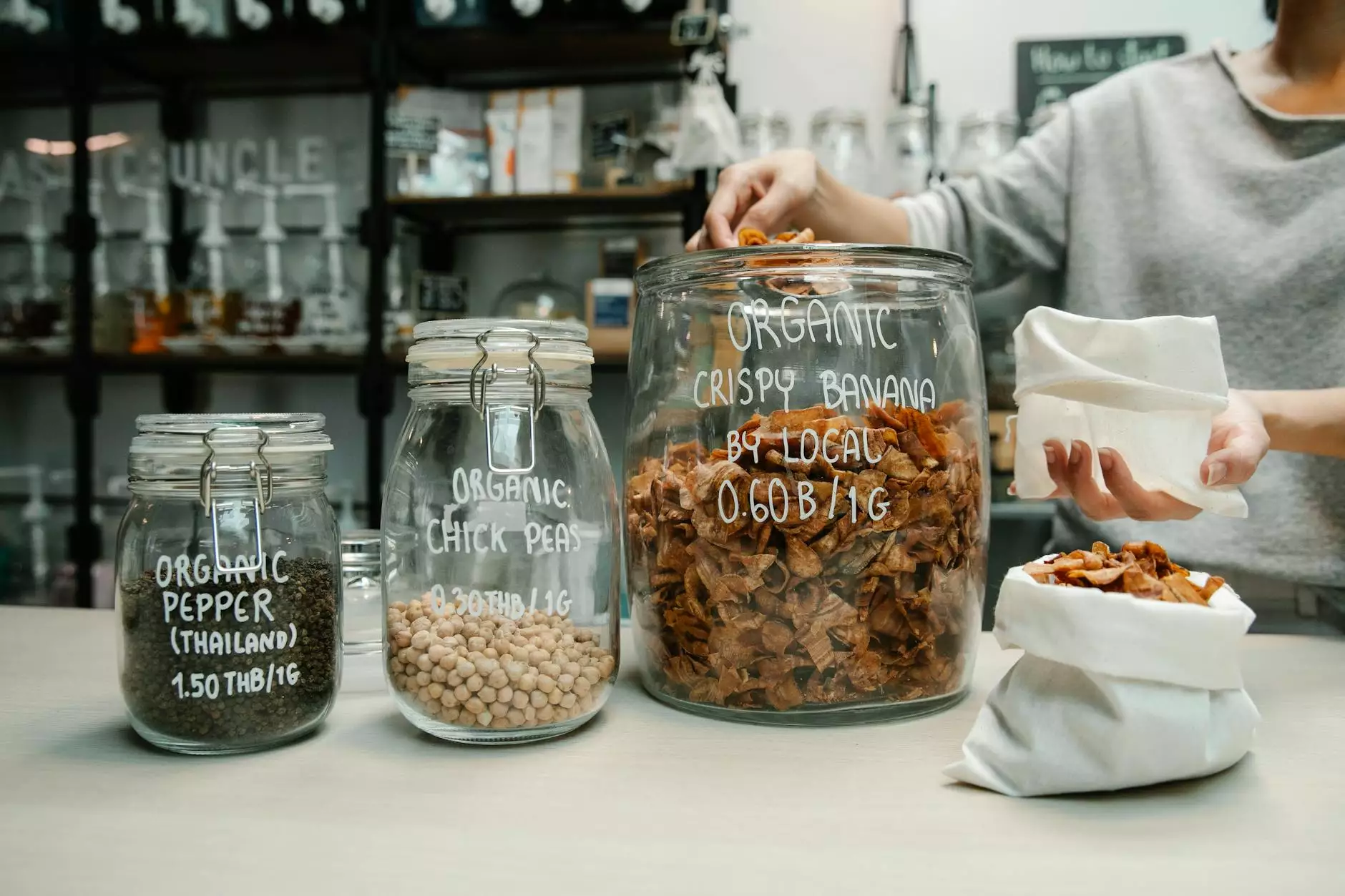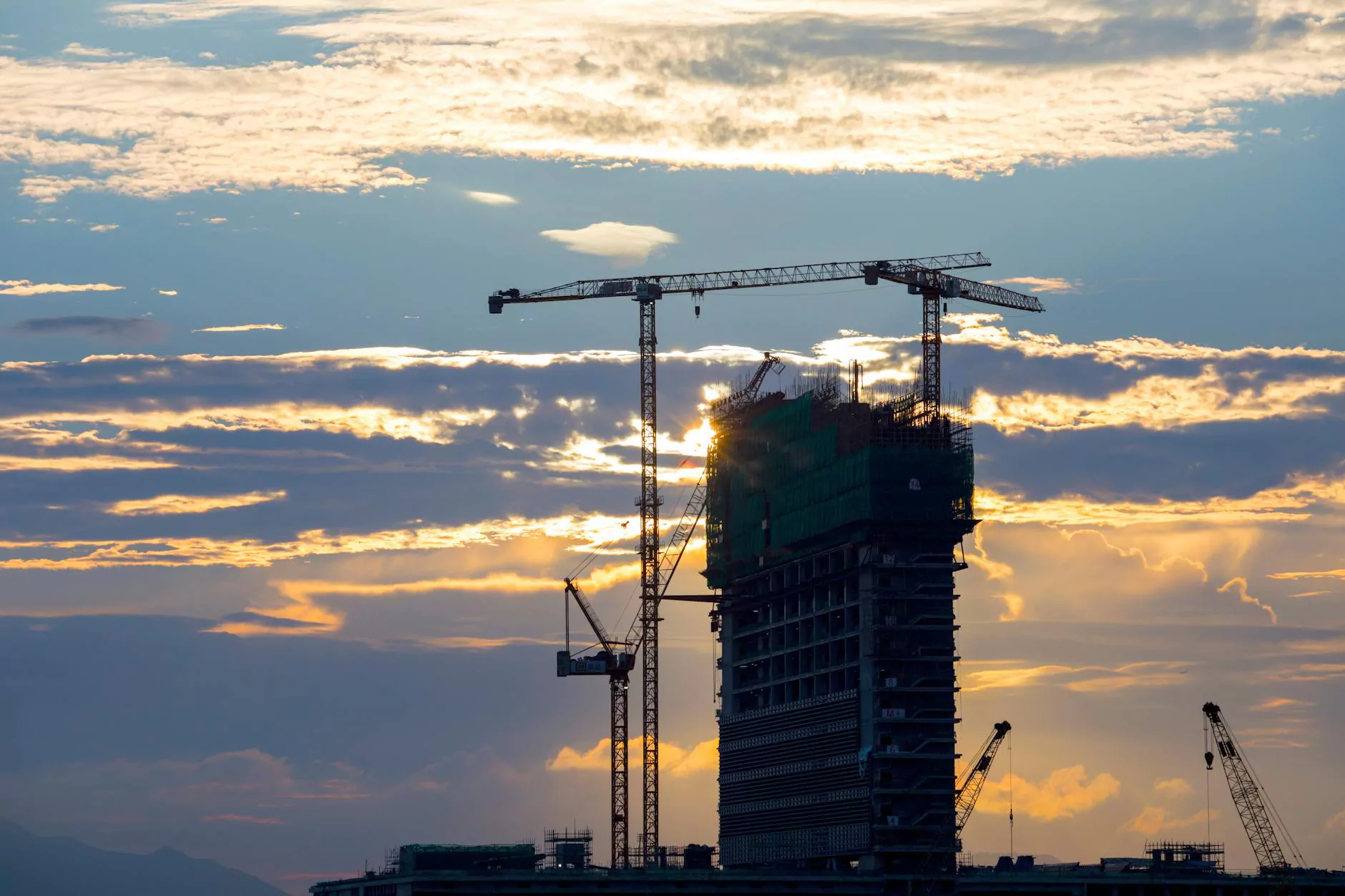Professional Knife Sharpening Services: Quality That Cuts Above
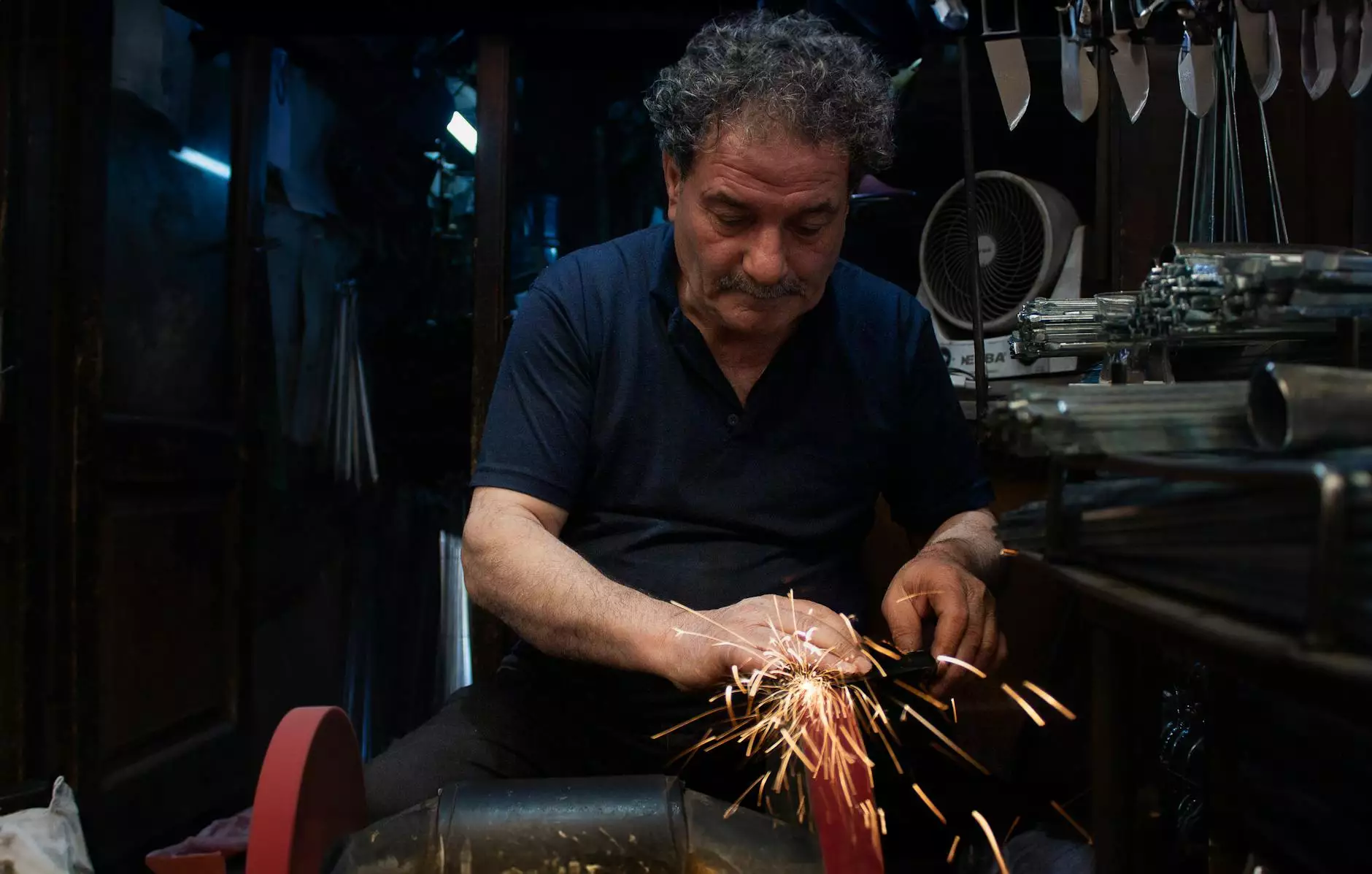
The Importance of Professional Knife Sharpening
Knives are an essential tool in any kitchen, whether for a professional chef or an enthusiastic home cook. A well-maintained knife not only makes food preparation easier and more efficient but also enhances safety in the kitchen. Dull knives can lead to accidents as they require more force to cut through food, increasing the likelihood of slips and injuries.
Why Choose Professional Knife Sharpening?
While many individuals may attempt to sharpen their knives at home using various tools, professional knife sharpening services provide a quality and precision that is difficult to achieve independently. Here are several reasons to consider using expert services:
- Expertise: Trained professionals understand the specific sharpening techniques and angles suitable for different types of knives.
- Quality Equipment: Professionals use high-quality tools and machinery that can sharpen knives more efficiently than most consumer products.
- Time-Saving: Sharpening knives can be time-consuming, and experts can complete the task quickly and effectively.
- Knife Longevity: Proper sharpening extends the life of your knives, saving you money in the long run.
Understanding Knife Sharpness
Knife sharpness is not just about how well a knife cuts. It is also about maintaining the knife’s edge and preventing damage. A sharp knife has a fine edge that can slice through food with minimal effort. Over time, a knife’s edge can become dull due to regular use, and professional sharpening is essential to restore it.
Types of Knives That Require Sharpening
All knives need sharpening, but certain kitchen tools especially benefit from professional services:
- Chef's Knives: Versatile and used frequently, these need regular sharpening to maintain their edge.
- Paring Knives: Ideal for small, precise cuts; a sharp edge is crucial for safety and efficiency.
- Serrated Knives: Commonly used for bread and tomatoes, these can lose their edge and cut unevenly.
- Carving Knives: Essential for slicing meats, these should always be sharp to ensure clean cuts.
Benefits of Regular Knife Maintenance
Incorporating regular knife sharpening into your kitchen routine has multiple benefits:
1. Improved Performance
A sharp knife performs better. It reduces the needed effort to cut through ingredients, allowing a smoother cooking experience.
2. Enhanced Safety
Sharp knives are safer than dull knives. Users are less likely to apply excessive force, which can lead to slips and severe injuries.
3. Better Food Presentation
When knives are sharp, they produce cleaner cuts, helping maintain the aesthetic quality of food presentations.
4. Extended Knife Lifespan
By using professional services like those found at https://www.szblade.com/, you ensure that your knives are cared for in a way that prolongs their lifespan and maintains their overall quality.
The Process of Professional Knife Sharpening
Understanding the sharpening process can help you appreciate the craftsmanship involved. Here’s a typical workflow employed by professionals:
1. Inspection
Professionals first examine the knife to determine its condition and the appropriate sharpening technique required.
2. Grinding
The knife edge is ground to remove any dullness. This step reshapes the blade into the correct angle often using specialized machinery.
3. Honing
After grinding, honing aligns the blade's edge to ensure that it is even and ready for cutting.
4. Polishing
The final step often involves polishing the blade to prevent rust and enhance its sheen, making it not only functional but visually appealing.
Do-It-Yourself Knife Maintenance: Good Practices
While professional sharpening is invaluable, there are DIY practices that can help maintain your knife's edge between visits:
- Use a Honing Steel: Regular honing can help realign the edge and keep it sharp.
- Proper Cutting Surfaces: Always cut on wooden or plastic boards instead of glass or stone surfaces to preserve the edge.
- Clean Properly: Avoid putting knives in dishwashers; gently wash with soapy water and dry immediately.
Conclusion: Elevate Your Culinary Experience with Professional Knife Sharpening
In the world of cooking, having a set of sharp knives is essential. Professional knife sharpening services not only enhance safety but also improve the overall culinary experience. By choosing to invest in your tools, you are supporting your cooking passion and ensuring that you achieve the best results. Remember, cutting properly is as crucial as cooking properly. For expert knife sharpening services, visit https://www.szblade.com/!
Frequently Asked Questions (FAQs)
What is the best frequency for knife sharpening?
It’s recommended to sharpen your knives every 3 to 6 months, depending on usage. High-frequency users may require more frequent services.
Can all knives be professionally sharpened?
Most kitchen knives can be sharpened, but it's advised to consult with professionals regarding unique knives or those with significant damage.
Is knife sharpening worth the investment?
Absolutely! Professional sharpening extends the life of your knife and improves your culinary safety and efficiency.
